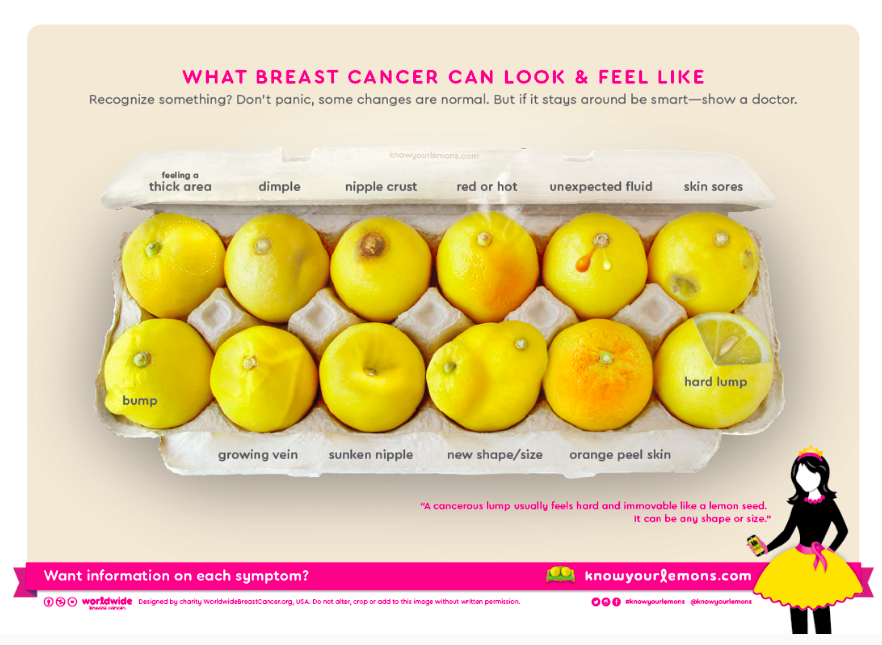Breast Cancer Symptoms in Young Women – Significance
Breast cancer is the most commonly occuring Cancer in women of the ages 15 to 39. And while Breast Cancer itself cannot be prevented, Breas Cancer caused deaths can be reduced. The best way to prevent breast-cancer deaths, is to detect it early and treat it as per the right scientific protocols.
Why does it help to detect Breast Cancer early?
Scientists agree that Breast Cancer can be treated best when detected early, because at this stage, the tumors are usually very small, and the Cancer has usually not spread to other organs.
Breast Cancer Symptoms in Young Women – Signs to spot
What are the early symptoms of Breast Cancer?
The most common symptoms of early-stage Breast Cancer are as follows (Note: Presence of these symptoms doesn’t necessarily mean that you have cancer and a doctor’s evaluation is recommended in case you notice any of these) :
- A lump, or an unusual thickening in the breast or in the underarm area
- A change in the color of either Breast
- Unusual discharge from either nipple
- Swelling of the entire Breast, or a part of the breast
- A change in the size or shape of the Breast(s)
- Itchy or Sore Nipple(s)
- Dimples on the skin of either or both Breasts
- Nipple turning inward
Breast Cancer Symptoms in Young Women – Performing Self Examinations
Many medical professionals insist that the easiest way to detect Breast Cancer early, is a self-examination.
How to perform a self exam for Breast Cancer?
The #KnowYourLemons Movement
Websites such as WordWideBreastCancer.org and KnowYourLemons.com have been kind enough to produce virally famous and not-for-profit guides towards the detection and identification of lumps that could be potentially Cancerous. You can check this in better detail at KnowYourLemons.com
Identification of Breast Lumps (Know Your Lemons)
Breast Cancer Symptoms in Young Women – What to do to reduce the risks?
As we have stated above, Breast Cancer cannot be prevented. However, a healthy lifestyle goes a long way in reducing the overall Cancer risk for your body. Such practices include:
- Eating balanced meals, with a enough of fresh fruits and vegetables.
- Weight control.
- Drinking plenty of water every day (At least 3-4 litres a day).
- Getting regular physical exercise (Cardiovascular exercises such as Swimming, Cycling, Running or Jumping Ropes)
- Supplementing bone-health via regular physical activity
- Appropriate intake of Vitamin D (A common deficiency) and Calcium.
- Limited Alcohol Intake
- Avoiding Tobacco in all forms




